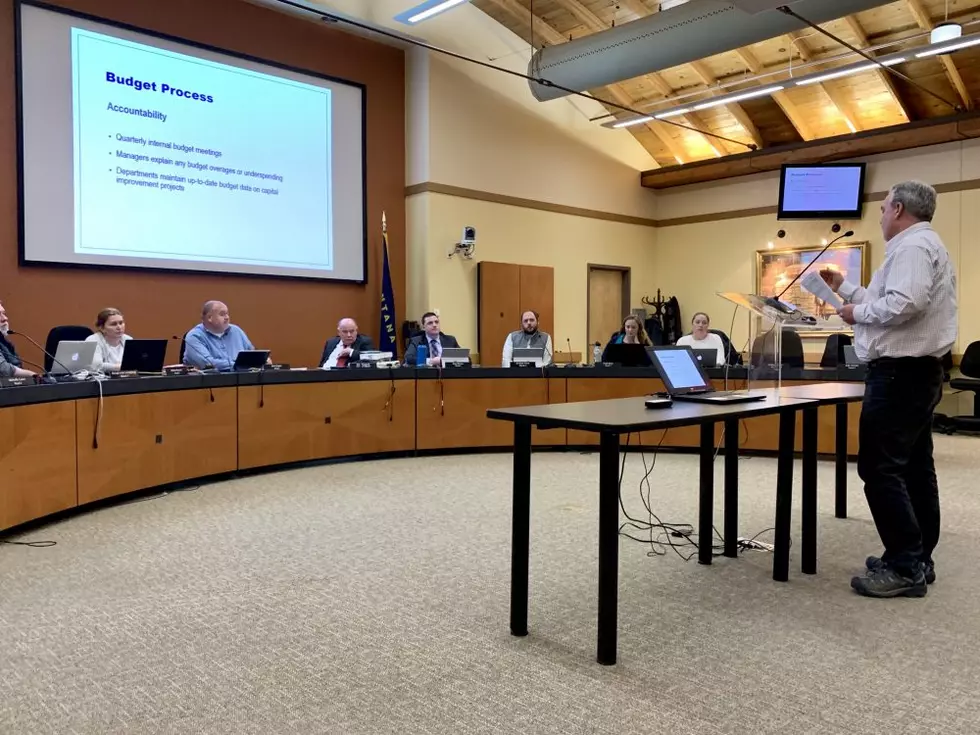
New manual of legislative procedure brings changes to Missoula City Council rules
Citing past issues and struggles, the Missoula City Council is working to amend the rules under which it operates when discussing and voting on matters before the body.
From decorum to parliamentary authority, the rules haven't been amended in nearly a decade, and with a new version of the Mason's Manual of Legislative Procedure out, the city believes it's time to bring yesterday's rules into the modern, albeit virtual age.
“City Council rules have not been amended in any substantive way since 2012,” said city clerk Marty Rehbein. “We haven't looked at them in a very long time. These set the guidelines on how the council conducts its business.”
From the outside, the rule changes may be subtle and mundane. But for those who follow the legislative process and how it unfolds, the proposed new rules could restore some of the decorum lost when the pandemic set in and forced public meetings to go virtual.
The new rules on decorum apply to council members, city staff and the public. They've always suggested that loud, threatening, abusive or profane language during meetings won't be tolerated. Nor is conduct that disrupts the order of business.
But the new version of the Mason's manual has expanded the topic of decorum, noting that comments must be germane to items under consideration, and they must be concise. It also notes that “no person may indulge-in-personalities” or “impugn the motives” of council members.
“People can disagree with us, but we can have an expectation from the public that they can disagree with us but in a professional manner,” said council member Julie Merritt. “Resorting to name calling should not be tolerated.”
While some found the language stiff and hard to interpret in places, the intent is the same in its effort to set a proper tone and welcoming culture during public meetings.
“Think about the effect of behavior on other people wishing to participate in their democratic process,” said council member Bryan von Lossberg. “The decorum ought to be where everyone in the room, whether virtual or in person, feels comfortable getting up and giving public comment.”
The rule changes also address parliamentary authority, partially due to court cases that have influenced the way legislative bodies across the county operate. The rules dictate when public comment is taken and how the weekly agenda is set.
They also set an expectation of attendance.
“Council members are expected to participate in person, unless there's an emergency,” said Rehbein. “Generally, this will anticipate that council members will attend meetings in person, even when we go back to hybrid.”
Von Lossberg said new lessons were gleaned from the pandemic.
“If we've learned anything from the pandemic around illness, we want people to be as thoughtful as possible about what they potentially expose others to,” he said. “At the same time, we don't want to disenfranchise elected officials from representing their constituents.”
The Mason's manual also includes language on holding hybrid meetings, when a quorum is reached, and calling on people and taking votes in a virtual environment.
The topic of Ex Parte communications requires its own set of rules. It applies specifically to land-use decisions, from rezoning to subdivisions.
“There's an expectation under law that City Council members will have an appearance of fairness, and that means all the conversation about a project should be taking place on the public record,” said Rehbein. “If there's something that takes place outside the public record, it should be entered into the public record.”
